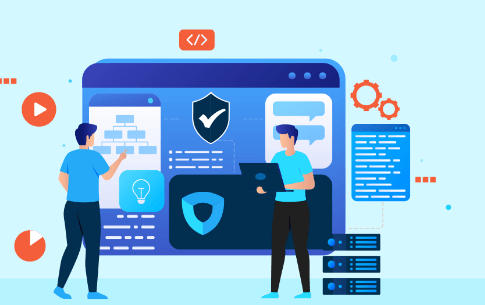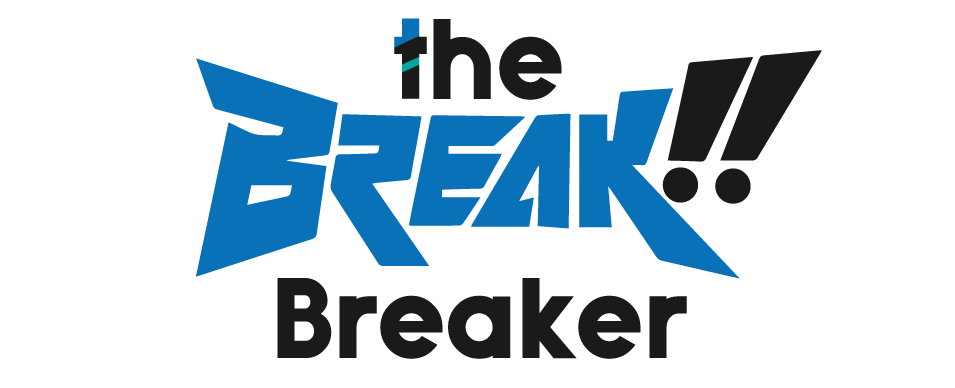
White Label VPN Solution: The Path to Innovation and User-Centric Approach
As the demand for online privacy and security continues to rise, the White Label VPN Solution is on a path of continuous innovation and a user-centric approach. In this section, we explore the exciting innovations and user-focused strategies that are reshaping the White Label VPN market, making it more secure, accessible, and tailored to individual needs.
Innovations in White Label VPN Solutions:
1. Advanced Encryption Protocols:
VPN providers are constantly enhancing their encryption protocols to offer the highest level of security to users. Innovations like Post-Quantum Cryptography and ChaCha20 encryption are being integrated to ensure data remains protected even against future advances in computing power.
2. Multi-Protocol Support:
Supporting multiple VPN protocols, such as OpenVPN, IKEv2, and WireGuard, allows users to choose the one that best suits their needs. Multi-protocol support enhances compatibility with various devices and ensures a seamless user experience.
3. Split Tunneling:
Split tunneling is gaining popularity as an innovative feature. It allows users to route specific traffic through the VPN while leaving other traffic to access the internet directly. This feature gives users more control over their online activities and optimizes bandwidth usage.
**4. Multi-Hop VPN:
**Multi-hop VPN, also known as double VPN, routes user traffic through multiple VPN servers in different locations, providing an extra layer of security and anonymity. This feature appeals to users seeking enhanced privacy and protection.
5. Secure DNS and Leak Protection:
White Label VPN Solutions are incorporating secure DNS servers and leak protection mechanisms to prevent DNS leaks and ensure that users’ online activities remain private and secure.
6. Adversarial Resilience:
To combat advanced threats, VPN providers are focusing on adversarial resilience. This approach involves anticipating and mitigating potential attacks from determined adversaries seeking to compromise VPN security.
User-Centric Strategies:
1. User Experience (UX) Enhancement:
White Label VPN providers are investing in user experience design to ensure their applications are intuitive and user-friendly. A streamlined interface, easy setup, and quick connectivity contribute to a positive user experience.
2. Server Load Balancing:
Balancing server loads ensures that users are connected to the most suitable and available servers, optimizing speed and performance.
3. Global Server Expansion:
White Label VPN Solutions are continuously expanding their server network to provide users with a broader choice of server locations. Global server coverage enables users to access content from around the world and enjoy consistent performance.
4. Transparency and User Education:
User-centric providers prioritize transparency in their data collection and privacy practices. They also invest in user education, providing resources and guides to help users make informed decisions about their online security.
5. Split Pricing Plans:
Offering flexible pricing plans tailored to different user needs allows customers to choose a plan that aligns with their usage requirements and budget.
6. Cross-Platform Compatibility:
VPN applications are being optimized for various devices and platforms, ensuring users can protect all their devices, including smartphones, tablets, and routers.
The Future of White Label VPN Solutions:
As technology continues to advance and user demands evolve, the future of White Label VPN Solutions looks promising. Here are some potential developments:
1. Enhanced Privacy with Blockchain:
Integrating blockchain technology into VPN infrastructure can further enhance privacy and security. Blockchain’s decentralized and immutable nature could add an extra layer of transparency and tamper resistance.
2. Artificial Intelligence and Smart VPN:
AI-driven VPNs could dynamically optimize server selection based on user behavior, ensuring the best possible performance and security.
3. Personalized Security Recommendations:
VPNs may use machine learning algorithms to provide personalized security recommendations based on user behavior and preferences.
4. Integration with Smart Home Devices:
As smart home devices become more prevalent, VPNs may integrate with these devices to protect users’ smart home networks.
Conclusion:
White Label VPN Solutions are paving the way for a more secure and user-centric VPN market. Through constant innovation and a focus on user experience, these solutions offer individuals and businesses the tools they need to navigate the digital world safely and privately.
As technology continues to evolve, White Label VPN providers will play a vital role in addressing new security challenges and meeting user expectations. By staying at the forefront of innovation and prioritizing user needs, White Label VPN Solutions will remain instrumental in empowering users to protect their online privacy and security in an increasingly interconnected and digital world.




